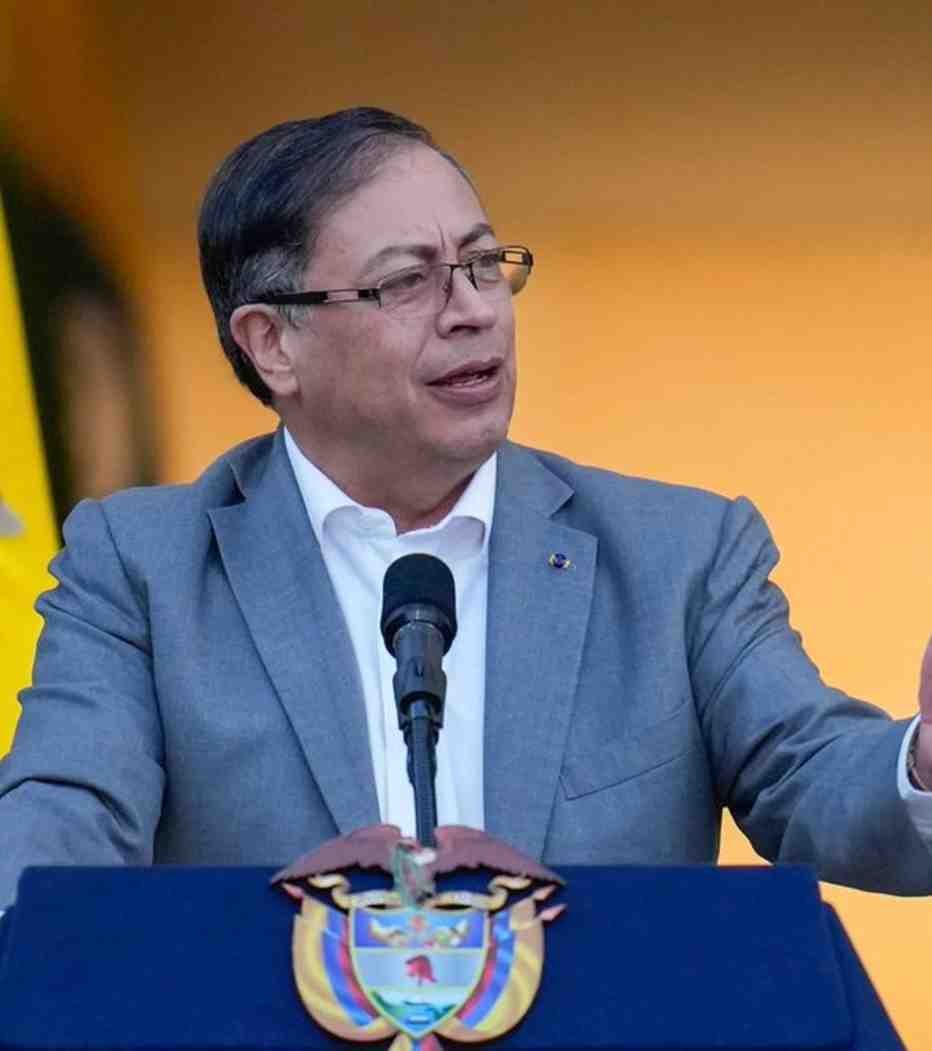Colombia’s government has agreed to accept deportation flights from the United States, following a series of retaliatory measures imposed by the Trump administration. Initially resistant to the arrival of these flights, Colombian President Gustavo Petro’s administration has now arranged for the use of the presidential aircraft to ensure the “dignified return” of Colombian nationals deported from the U.S.
The change in Colombia’s position comes in the wake of President Trump announcing a 25 percent emergency tariff on Colombian imports, a response to Petro’s earlier decision to block two U.S. military flights carrying deported migrants. The tensions escalated after Trump criticized Petro’s stance on immigration, accusing him of failing to treat deportees with dignity.
In a statement released by the President’s office, it was emphasized that the Colombian government is committed to providing a respectful and humane return for its citizens. “The Government of Colombia, under the direction of President Gustavo Petro, has made the presidential aircraft available to facilitate the dignified return of fellow nationals who were to arrive in the country this morning on deportation flights,” the statement read. It further asserted that Colombians would not be treated as outcasts in their own country.
To ensure the humane treatment of deported individuals, the Colombian government has established a dedicated team and a Unified Command Post (PMU) on migration. This body will include representatives from various ministries and aims to create and review protocols that uphold human rights and the dignity of deported Colombians.
The Colombian administration has also pledged to maintain open lines of communication with the U.S. government, seeking agreements that guarantee respectful treatment for its citizens during deportation processes. “The Government of Colombia maintains active conversations with the Government of the United States, seeking agreements that ensure minimum conditions of respect and dignified treatment for fellow citizens during deportation processes,” the statement added.
The diplomatic back-and-forth began when Colombia blocked the U.S. military flights, prompting Trump to announce a series of sanctions, including tariffs and a travel ban for Colombian citizens. In response to the escalating tensions, Petro took to social media to express his discontent with the treatment of Colombian migrants, asserting that they should not be treated as criminals.
Following the Colombian government’s reversal, the White House confirmed that it would not impose the previously threatened sanctions and tariffs on Colombia. This development marks a significant moment in U.S.-Colombia relations, particularly concerning immigration and deportation policies.
The situation highlights the complexities of international migration and the challenges faced by countries in balancing national interests with humanitarian obligations. Colombia’s commitment to protecting its nationals abroad and ensuring their dignified treatment upon return reflects a broader trend in Latin America, where governments are increasingly advocating for the rights of migrants.
As the Colombian government navigates this diplomatic landscape, it remains focused on leading regional and international efforts to address migration challenges in a humane and just manner. The recent developments underscore the importance of cooperation between nations in managing migration and ensuring the rights of individuals are upheld, regardless of their circumstances.
Colombia’s decision to accept deportation flights from the U.S. marks a pivotal moment in its foreign policy, driven by the need to protect its citizens and respond to external pressures. The ongoing dialogue between the two nations will be crucial in shaping future immigration policies and ensuring the dignity of deported individuals.








